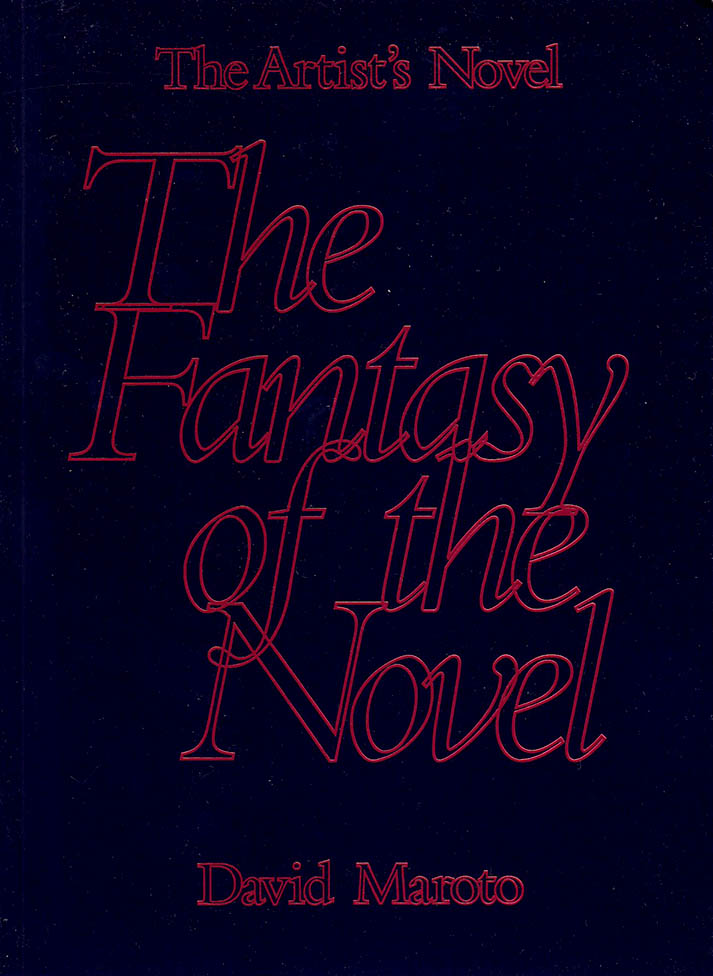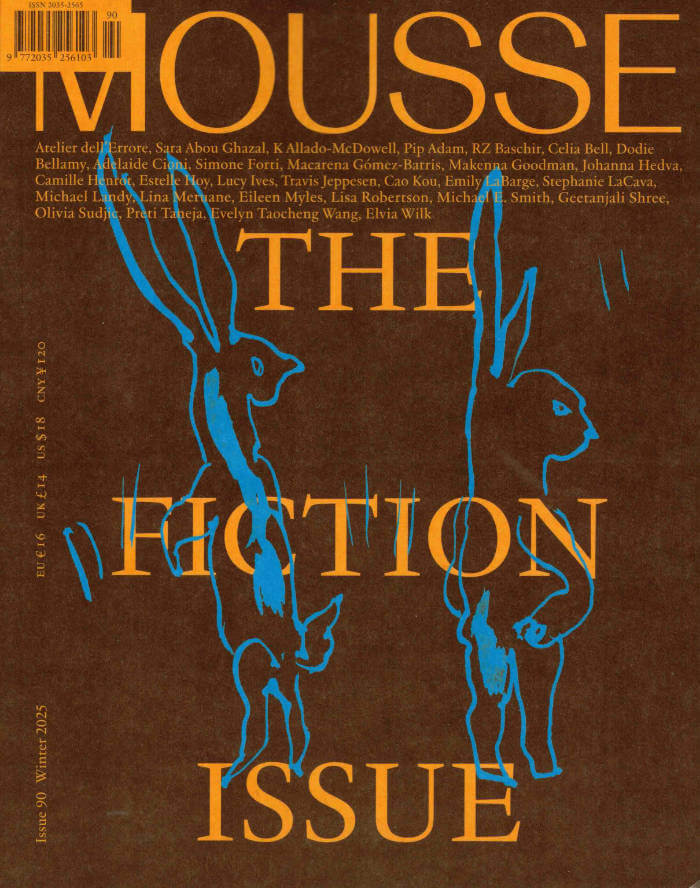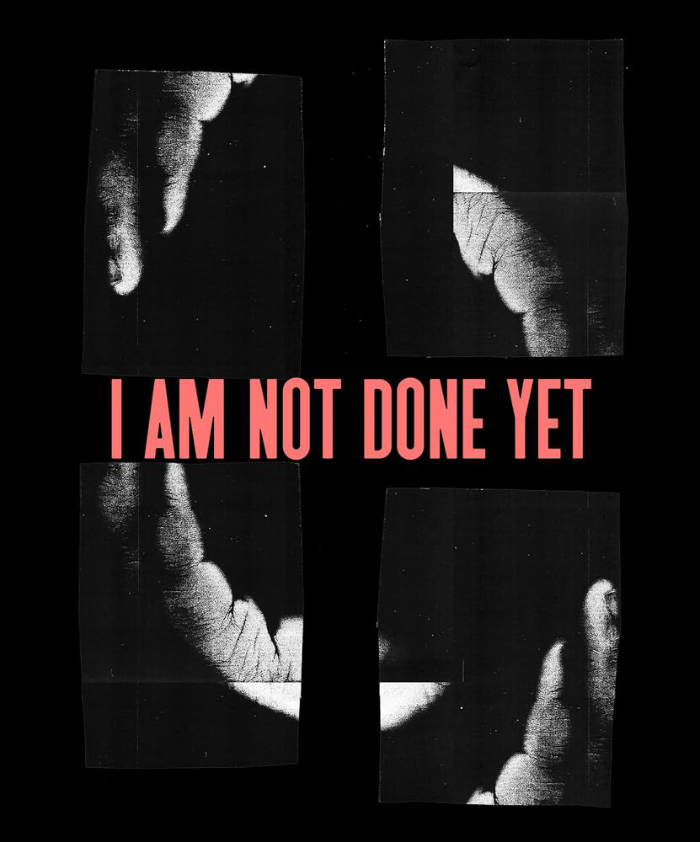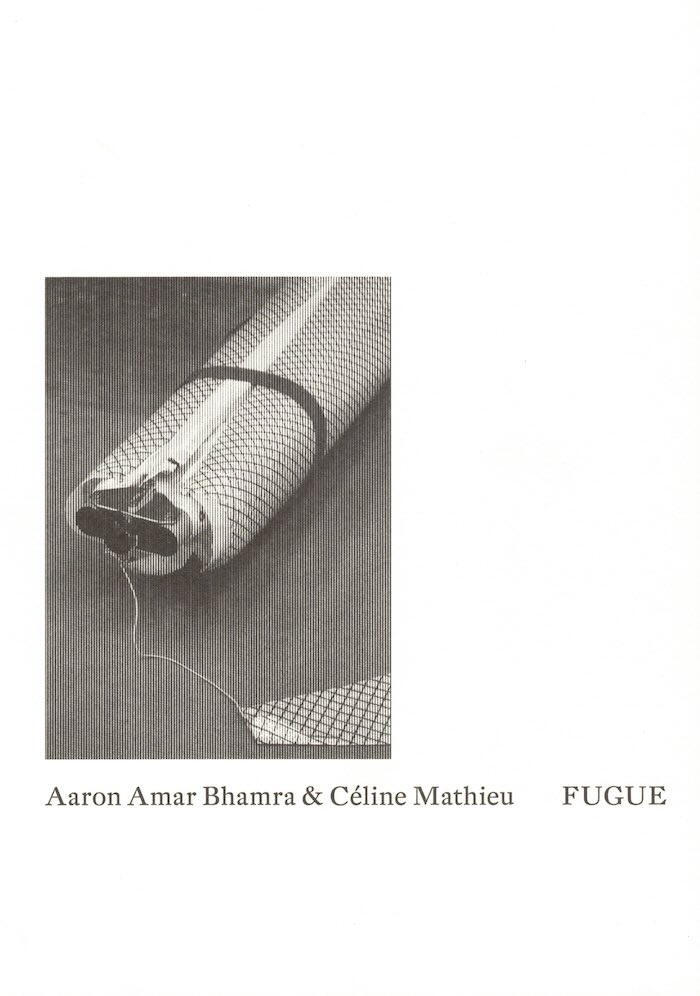
The Fantasy of the Novel
Second volume of a publication dedicated to the artist's novel, this metafiction follows a detective investigating the conditions of production of a novel within an artistic framework.
Why do artists write novels? What impact does the artist's novel have on the visual arts? How should such a novel be experienced? In recent years, there has been a proliferation of visual artists who create novels as part of their broader art practice. They do so in order to address artistic issues by means of novelistic devices, favoring a sort of art predicated on process and subjectivity, introducing notions such as fiction, narrative, and imagination. In this sense, it is possible to see the novel as a new medium in the visual arts; yet very little is known about it. This two-volume publication is the first to explore in depth the subject of the artist's novel.
The Fantasy of the Novel, is a research project in the form of a novel; it examines the process of creating an artist's novel derived from five episodic performances and an exhibition. The creative process was affected by the circumstances of production, including intersubjective relationships usually invisible to audiences. The protagonist assumes the role of a detective who tries to understand the conditions under which an artist decides to write, and how this writing is possible within an artistic setting.
David Maroto (born 1976, lives and works in Rotterdam) is a Spanish visual artist, researcher, writer, and curator. He is the co-curator of The Book Lovers, a research project on the artist's novel, together with Joanna Zielińska.
Published 2020
Language: English







